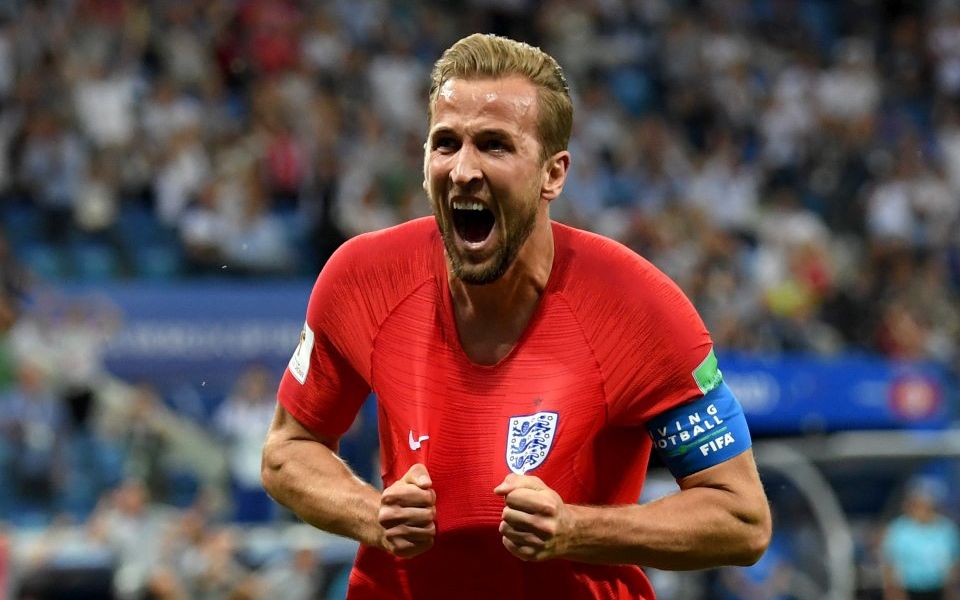Uefa Nations League: Unpicking Europe’s new competition

September means different things to different people.
It can symbolise the start of a new school year, a grim occasion for teachers and children alike. It can also represent the harvest season for farmers, or the return of the Great British Bake Off – a clear moment of rejoicing across the nation.
To football fans, however, September traditionally represents a great period of frustration. It means that the first international break has begun in earnest, and England are playing Spain at Wembley on Saturday.
This isn’t especially noteworthy; England have played plenty of meaningless friendlies against elite European nations, particularly off the back of disappointing World Cups and European Championships.
Read more: Q&A: What will Brexit's impact be on the Premier League?
Normally it is little more than a chance to see the novelty of a Leon Osman or Kevin Davies enter the fold for a one-time appearance in a post-tournament shake-up, in the same way a lucky Victorian commoner used to get invited to one of Buckingham Palace’s garden parties before later being ushered back into the realities of quotidian life at a coal mine.

England are preparing to play Spain in the Uefa Nations League on Saturday at Wembley (Source: Getty)
Yet, things are different this year. This is not the beginning of a plodding two-year campaign culminating in disappointment, kick-started by a damp squib Wembley friendly.
First, the World Cup was far from disappointing for England. Reaching the semi finals for the first time since 1990, winning a penalty shootout against Colombia on the way, before honourably falling to the most gifted Croatia side in twenty years represented a resounding success.
Secondly, this is far from a forgettable upcoming friendly against Spain (that comes next week against Switzerland). Instead, it is England’s opening game in a brand new competition, the Uefa Nations League, the European governing body’s grand scheme to revitalise the flagging international game.
Read more: Ex Arsenal star reveals uncomfortable relationship with Ian Wright

The Uefa Nations League will take place every two years and it is hoped that it will remove meaningless friendlies from the international calendar (Source: Getty)
How does it work?
The tournament, which for England will mean fewer treks to footballing minnows and more games against such as Spain and France, will initially take place for the first time over this and the next two scheduled international breaks, replacing dreary friendlies and globetrotting exhibitions.
All 55 Uefa teams have been divided into four leagues based on their coefficient ranking. The highest ranked teams such as England are in League A, and each league is divided into four mini groups, which consist of three or four teams.
Nations within each mini group play each other home and away over the next three months, much like how clubs play each other in the Champions League group stage. Group winners will enjoy promotion to the tier above in the next Nations League in 2021, while the wooden spoon collectors will drop to the division below.
Who do the home nations play?
England have been drawn in Group 4 alongside Spain and Croatia, while Wales and Republic of Ireland have been placed in the same group within League B. They will play each other twice this autumn along with Denmark. Northern Ireland are also in League B, and have been pitted alongside Austria and Bosnia and Herzegovina.
Scotland are in League C, with Israel and Albania, and have a fresh chance of qualifying for their first international tournament since Euro 96.

England have not won a major international tournament since 1966 (Source: Getty)
What's at stake?
Silverware is on offer to the four mini-group winners in League A, who will compete in the semi-finals and final next June.
The other significant incentive built into the Nations League is a second chance to reach the 2020 European Championship.
A normal 10-group qualification process, albeit condensed into a shorter period, will take place between March and November next year. Should any of the 16 Nations League mini—group winners not be among the 20 qualifiers, they will progress to a set of play-offs in March 2020 to decide the final four entrants.
One League D team is sure to reach the finals, meaning a first European Championships for countries such as Belarus, Georgia, or Kazakhstan.